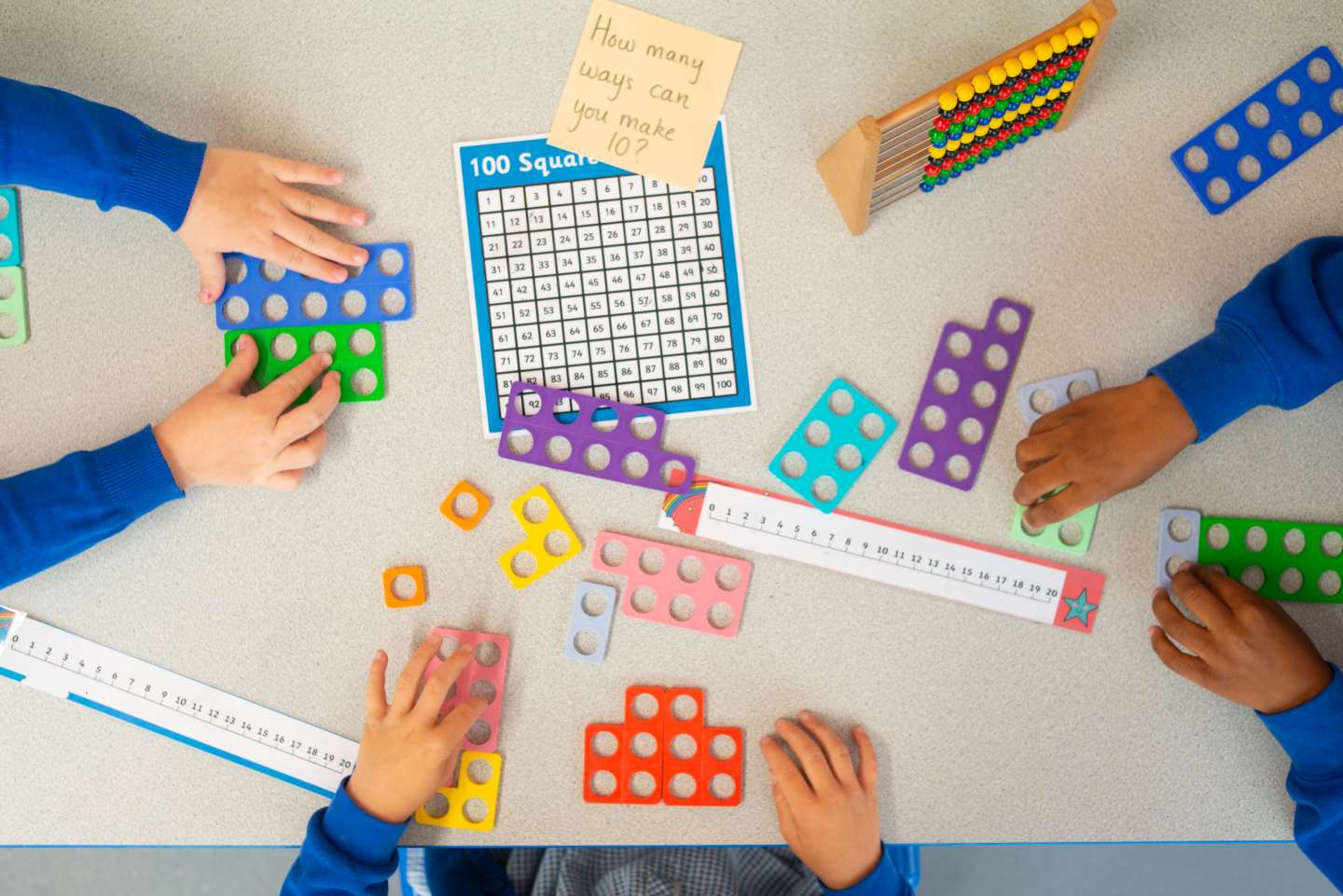Mathematics

At Dorothy Barley Infant School, we use the mastery approach to enable all children to develop mathematical confidence and competence.
Intent
At Dorothy Barley Infant School we enable children to achieve confidence and competence – ‘mastery’ – in maths. Therefore they develop the new maths skills and knowledge they need for the future. It is essential to everyday life and therefore, by providing a high-quality mathematics curriculum, we are ensuring a foundation for understanding the world, the ability to reason mathematically, as well as encouraging the pupils to appreciate the sense of enjoyment and curiosity they can have about the subject.
At Dorothy Barley Infant School, we want all pupils to become enthusiastic and confident mathematical thinkers. By providing rich, active learning environments, children will be fluent and will be able to explain their reasoning using the precise mathematical language. Within lessons there are links to real-life situations and the lessons incorporate a hands-on approach with manipulatives for the pupils to use, as well as time given to work and collaborate with others on problem-solving. We highlight the key vocabulary needed within lessons which allows the children to speak confidently in various topic areas of maths.
Implementation
Using White Rose Maths as a starting point, we structure our curriculum around the mastery approach.
- Teachers reinforce an expectation that all children are capable of achieving high standards.
- The majority of children progress through the same curriculum content at the same pace.
- Differentiation is achieved by emphasising deep knowledge and through individual support and intervention.
- Teaching is underpinned by methodical curriculum design, using the DfE approved White Rose Maths scheme. This ensures a consistent and progressive approach throughout the school, where lessons are planned well with resources to help foster deep conceptual and procedural knowledge.
- New concepts are introduced through a real-life context which the pupils collaborate on with each other. This makes the mathematical concepts relatable for the children.
- Practice and consolidation are the most important parts of the planning, with variation built in for fluency and the understanding of underlying mathematical concepts.
- The C-P-A approach (concrete, resources, pictorial representations and abstract thinking) is used in lessons as it helps the pupils with their understanding.
- Questioning is used in all lessons to test conceptual and procedural knowledge.
- The exposure of precise subject-specific language is paramount to all lessons, as this provides children with the appropriate language to articulate their mathematical reasoning. This is supported by stem sentences which are used in lessons.
- Mathematical topics are taught in blocks.


